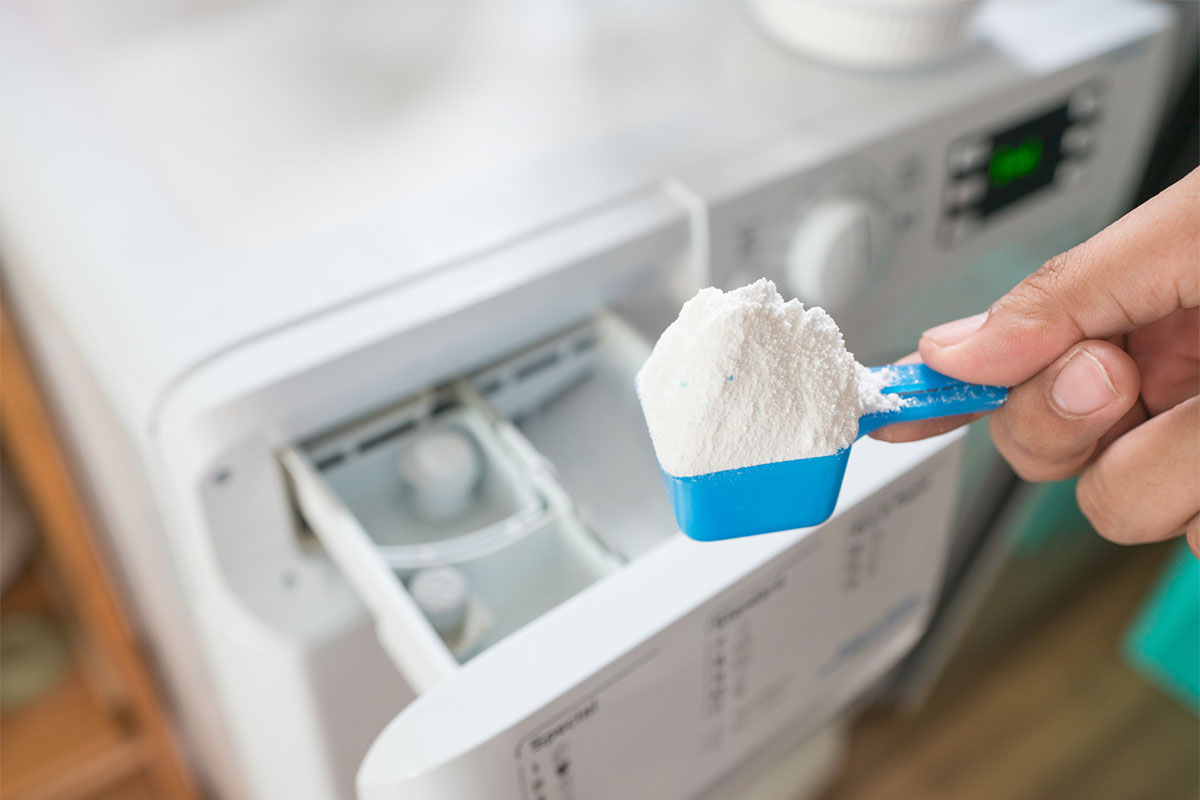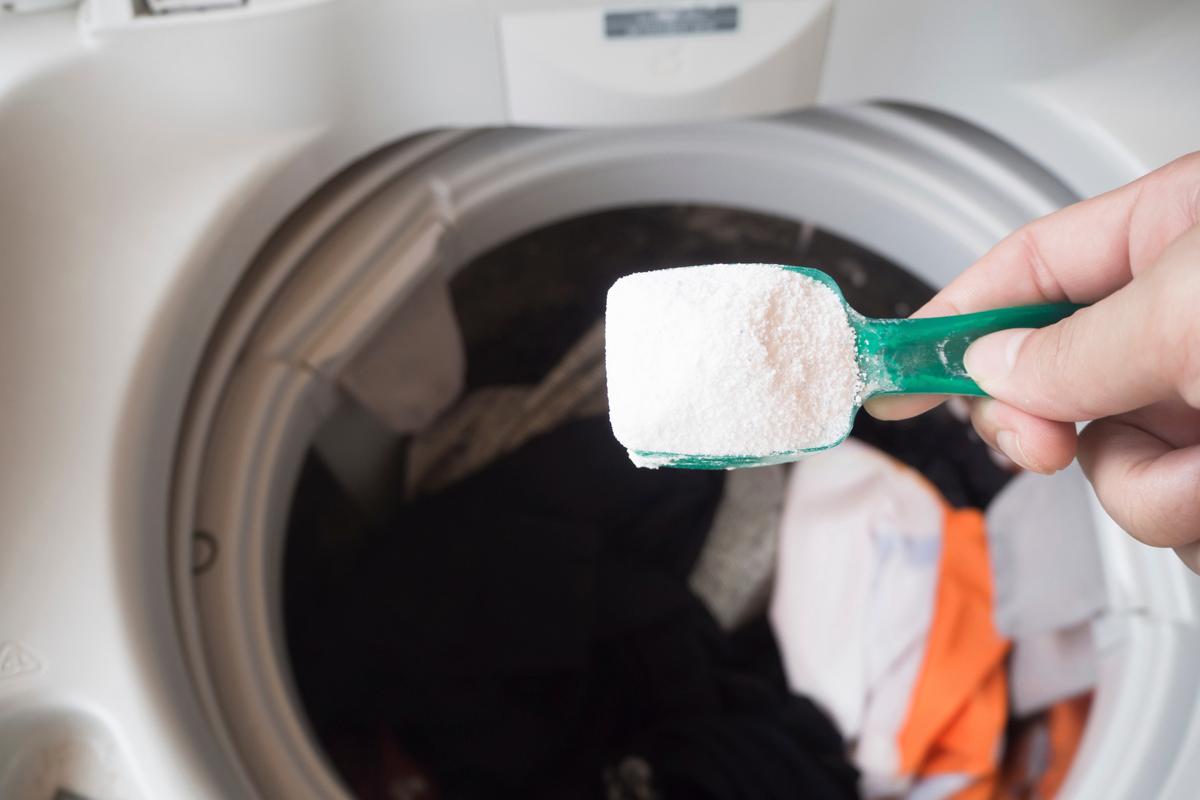Salt in Your Washing Machine? The Surprising Truth Behind This Laundry Room Trend
The internet is buzzing with whispers of a secret laundry weapon: salt. Suddenly, everyone seems to be adding a pinch (or a handful) of this common kitchen staple to their washing machines. But is this a revolutionary laundry hack or just another viral myth? Before you grab the salt shaker, let’s delve into the surprising truth behind this salty trend.
The idea of adding salt to your laundry might seem bizarre at first. After all, we’re accustomed to using detergents, fabric softeners, and maybe the occasional stain remover. Salt, on the other hand, seems more at home on our dinner plates than in our washing machines. However, there are a few reasons why this practice has gained traction, some rooted in tradition and others in a bit of misunderstanding.
The Claims: What Salt Might Do

-
Color Retention: One of the most common claims is that salt can help prevent colors from fading, particularly in new clothes. The theory is that salt acts as a mordant, helping to “fix” the dye to the fabric. This is an age-old practice, and while it might have some merit, modern detergents are often formulated with color-protecting agents, making the added salt somewhat redundant.
-
Stain Removal: Salt has long been used as a natural stain remover, especially for blood stains. A concentrated salt solution can help to draw out the stain before the garment goes into the wash. This pre-treatment method can be quite effective, but it’s important to note that it works best on specific types of stains and isn’t a universal stain remover.
-
Water Softening (Indirectly): In areas with hard water, minerals can interfere with the effectiveness of detergents and leave clothes feeling stiff. While adding regular table salt directly to the wash isn’t a typical water softening solution, it’s related. Water softener salt is used in dedicated water softener systems to remove minerals from the water supply before it reaches the washing machine. This is a much more effective way to address hard water issues.
The Caveats: What Salt Won’t Do (and Potential Risks)

-
Cleaning Power: Salt is not a detergent. It will not clean your clothes. You still need to use your regular detergent in conjunction with salt. Salt is an addition, not a replacement.
-
Washing Machine Damage: While small amounts of regular table salt are unlikely to cause immediate damage, using excessive amounts or certain types of salt (like rock salt, which may contain impurities) could potentially corrode metal components in your washing machine over time. It’s crucial to use salt sparingly and only use regular table salt if you choose to try this method.
-
Misinformation: Much of the information circulating about salt in washing machines is anecdotal and not backed by rigorous scientific evidence. It’s essential to be critical of online “hacks” and to separate fact from fiction.
The Verdict: Proceed with Caution
Adding a small amount of regular table salt to your wash might offer some minor benefits in terms of color retention or stain pre-treatment. However, it’s not a miracle laundry solution, and it’s certainly not a substitute for proper detergent. If you have hard water, a dedicated water softener system is a much more effective solution. And if you’re looking to clean your washing machine itself, there are specialized washing machine cleaners designed for that purpose.
The key takeaway? Don’t fall for every viral trend you see online. Do your research, understand the potential benefits and risks, and always err on the side of caution when adding anything new to your laundry routine. Your clothes, and your washing machine, will thank you.







